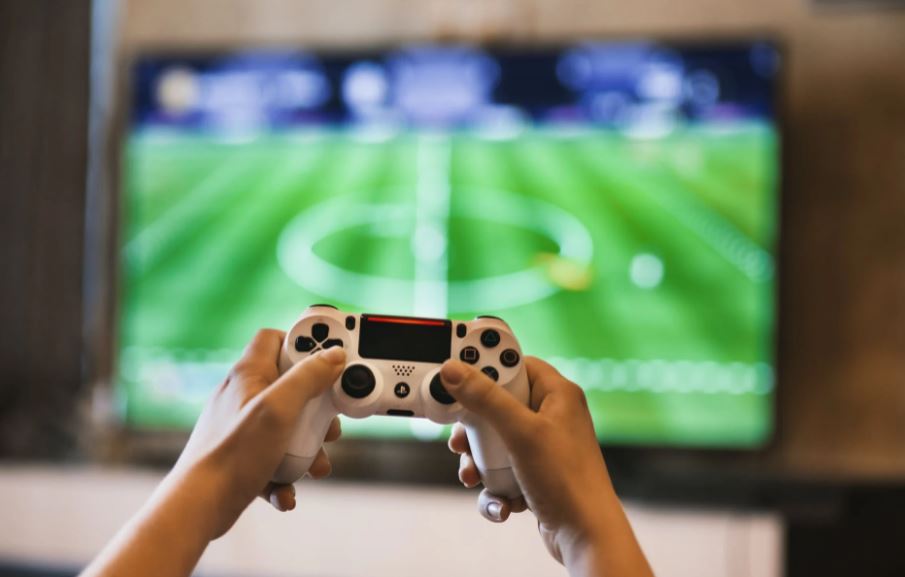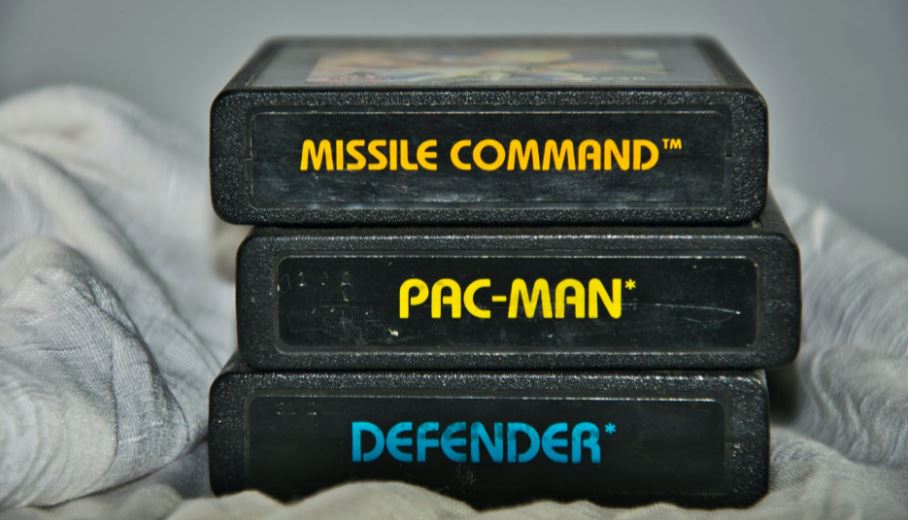Nowadays, be it, kids or adults, everyone is hooked on video games. With the advances in technology, eye-catching visuals have captivated almost every age group. However, most kids take this fun activity to the next level and make it a borderline addiction. Adults can somehow still manage to have self-control, but teenagers and students give in to these games and mess up their lives. In such circumstances, parents are often worried about their kids’ future and don’t want them to be hooked on these games 24/7. Listed below are some of the tips for parents that can help them manage their gamer kids. Also, we recommend you read the post about self exclusion to understand how to manage problem gambling.
1. Treat Gaming As Another Parenting Challenge
The first and foremost thing a parent can do to make their kids stay away from an unhealthy obsession with video games is to treat it like another parenting challenge. Do not let it get to your head and most importantly, do not let your kid sense the danger. An adolescent’s psychology works differently. If he senses that his parents are trying to go overboard with the restrictions and are getting worried about his gaming obsession, chances are that he ends up becoming a rebel. Sit down with your partner, ponder on the issue calmly and try to find an applicable solution that works both for you and the kid.
2. Game With Your Children
As a parent, you need to be with your children. It’s as simple as that. Play with them and learn how to use a controller. By playing together, you’ll get a better insight into the game your child is playing, i.e. if it contains triggering visuals or anything like that. You’ll be able to understand why your child likes certain types of games. It’s important to know the reason behind every game choice of your children. By doing this, you’ll not only manage your gamer kid but also get to know him a little better, i.e. his favorite characters and themes.
3. Set Limits
To manage your gamer kid, set some limits and strict boundaries. Make sure your kid understands those boundaries and values them. Be mindful of the kind of games your child is playing, for how long, and whether he’s prioritizing them over his academics.
Arrange the gaming setup in a living area, or at a place where he’s in front of you. In such circumstances, keeping a family file would go a long way. Keep his headset, controller, and other gaming essentials in there, thus giving you easy access. When your kid knows that he’s being watched and observed, he’ll surely be alert and won’t try to experiment with dangerous video games.
4. Read The Parental Guidelines
Check the ratings of the game you intend to buy and examine the rating symbol at the front of the package. Also, give a thorough read to the content descriptor at the back of a game. The ESRB site has a lot of information about the games rated by them. Have an in-depth look at the rating summaries of the video games and make a sensible choice for the kids. Visual-friendly and meaningful games will help improve his alertness and not the other way around.
5. Remember The Positive Aspects
Excess of video games is wrong, but do not shun the idea of it straight away. Remember the positive aspects. There are no monsters in those games that are ready to throw your child into the pits of despair. Research about them and purchase games with good ratings and reviews. Go for the video games produced by nDreams, equipped with virtual reality technology, that can teach your children some lifelong skills such as teamwork, empathy, consequences of decisions, willpower, and how to work with others.
6. Offer Alternatives
Parents need to offer fun and creative alternatives to video gaming to their children. As a parent, you can plan a nice weekend getaway, watch your child’s favorite TV show with him, or even play sports together. With the productive replacements of video games, there are lesser chances of your child getting obsessed with video games. Additionally, he’ll be giving an equal and healthy amount of time to each activity and gaming won’t occupy half of his mind.
7. Research About The Dangers Of Online Playing
With PlayStation Network and Xbox Live, you’ve to be aware of when your child is playing online. There are numerous kinds of negative online behaviors that foster an overall unhealthy atmosphere for kids. The anonymity in the gaming world is problematic and it doesn’t help foster balanced emotional and social growth. To save your child from falling into this trap, don’t let him buy the games that come with an age restriction, and stay attentive about any kind of racial, sexual, abusive, and foul language being used in the games your child is playing. Also, educate him about the online dangers and set some gaming rules, e.g. no hate speech and aggressive behavior.
8. Set Consequences
Make sure to set some serious consequences of particular actions, when discussing the rules of gaming. You could perhaps not let him play for a day, or take away his gaming setup if he violates the set rules and guidelines. If there are some consequences and they are being implemented, your child will be more alert and careful, keeping in mind that he’s answerable for every action. However, you need to be moderate with the sensitivity of these consequences. In case you go over the board, there are chances that this acts in a reverse direction and he ends up becoming a rebel.
9. Consult Experts
In extreme cases, consult a child psychiatrist or a pediatrician. Kids do respond to the consequences, rules, and limits, but stay alert nonetheless. Do not be oblivious, thinking that there’s nothing wrong with your child. If you feel like his gaming obsession is getting out of hand, intervene as early as possible. Through proper medication and talk therapy, your child can let go of the gaming obsession. Consulting an expert before time can help solve a lot of problems.
10. Set Rewards
Kids often respond with more zeal, when they’re gifted for their actions or acknowledged. Set rewards for staying away from gaming for some time. For example, if your child has managed to improve his grades, which were affected by the excessive gaming, you can reward him with a new headset or let him play an extra hour. However, think through your reward system. Everything should be in moderation and make sure your child doesn’t end up harming himself, to get the reward.
Pros of Effective Supervision of Gamers
- If supervised efficiently, your kids can become professional gamers in the future.
- They can learn different social skills, including teamwork and leadership traits.
- Advanced video games can also improve a kid’s vocabulary and general knowledge.
Cons of Ineffective Supervision of Gamers
- If not supervised carefully, a child can become a gaming addict.
- Frequently sitting in front of a screen can damage his eyesight.
- Visually triggering games can make him aggressive and lose self-control.
Keep Your Kids Safe – Look underneath that Headset
The gaming market won’t stop producing violent games, just because parents don’t want their children to be harmed. It’s YOU who has to take a step forward. If your gut feeling says that a certain game is not good for your child, don’t buy it. Additionally, look underneath that headset and talk to him. Spend some quality time with him. Make sure that your kid feels comfortable residing in you, and keeps you in the loop about every problem. When there is a good connection and bond with your child, he won’t drown himself in gaming, instead, he’d love to spend that time talking to you.












